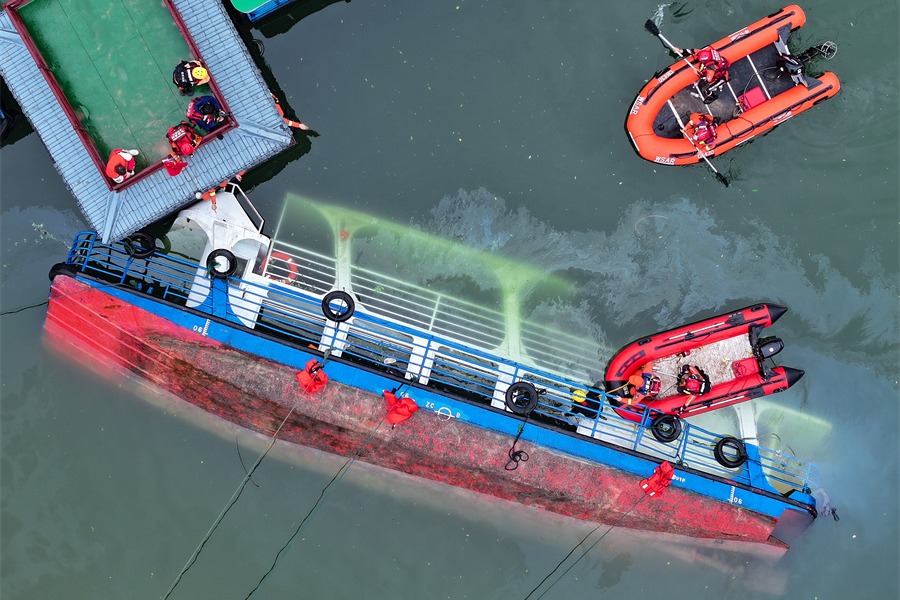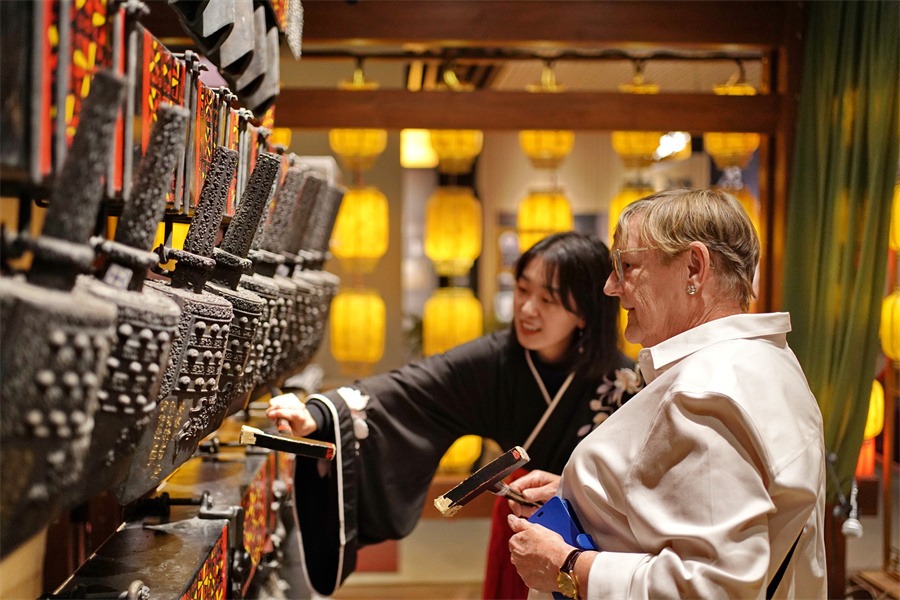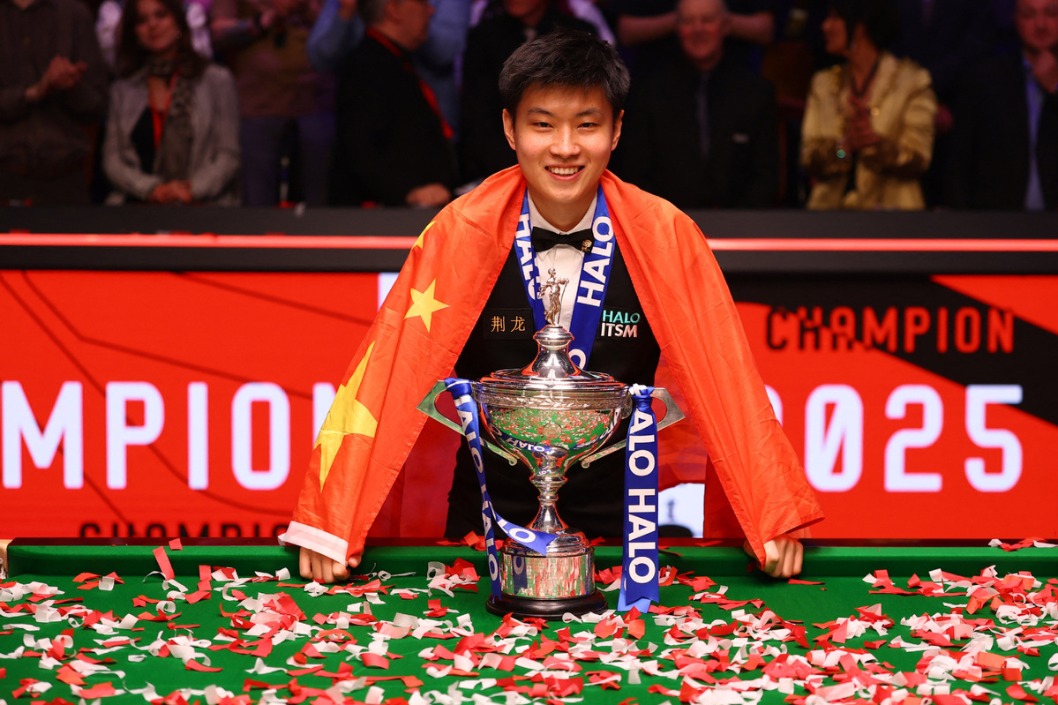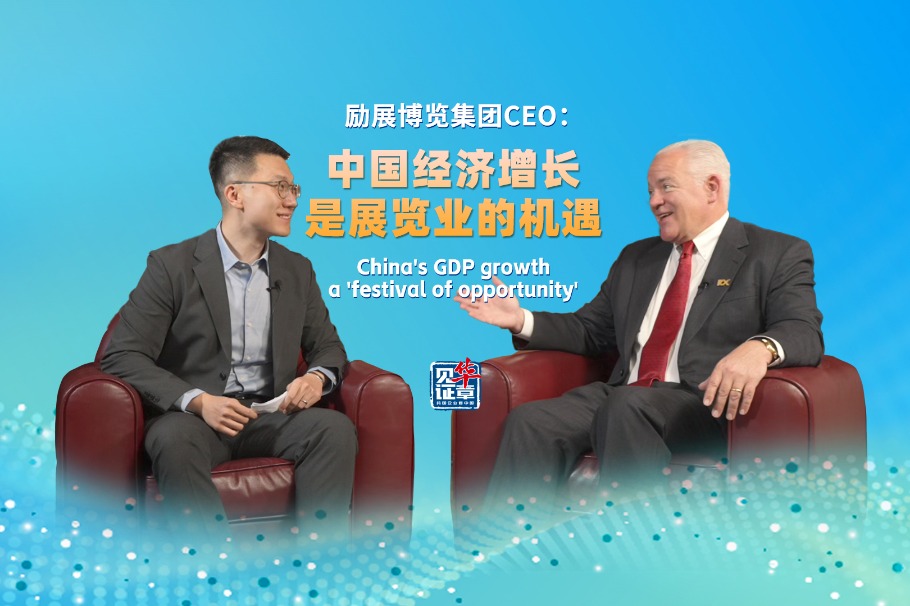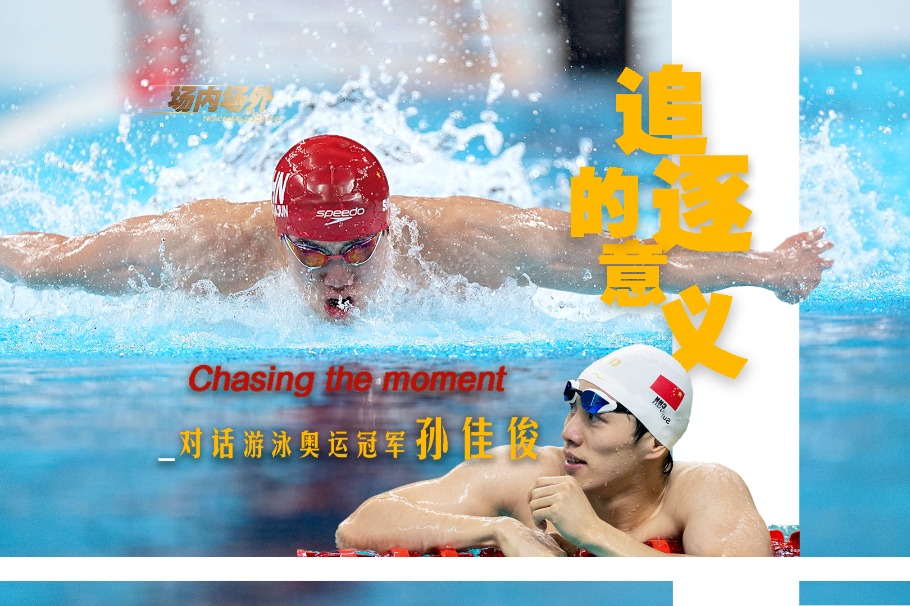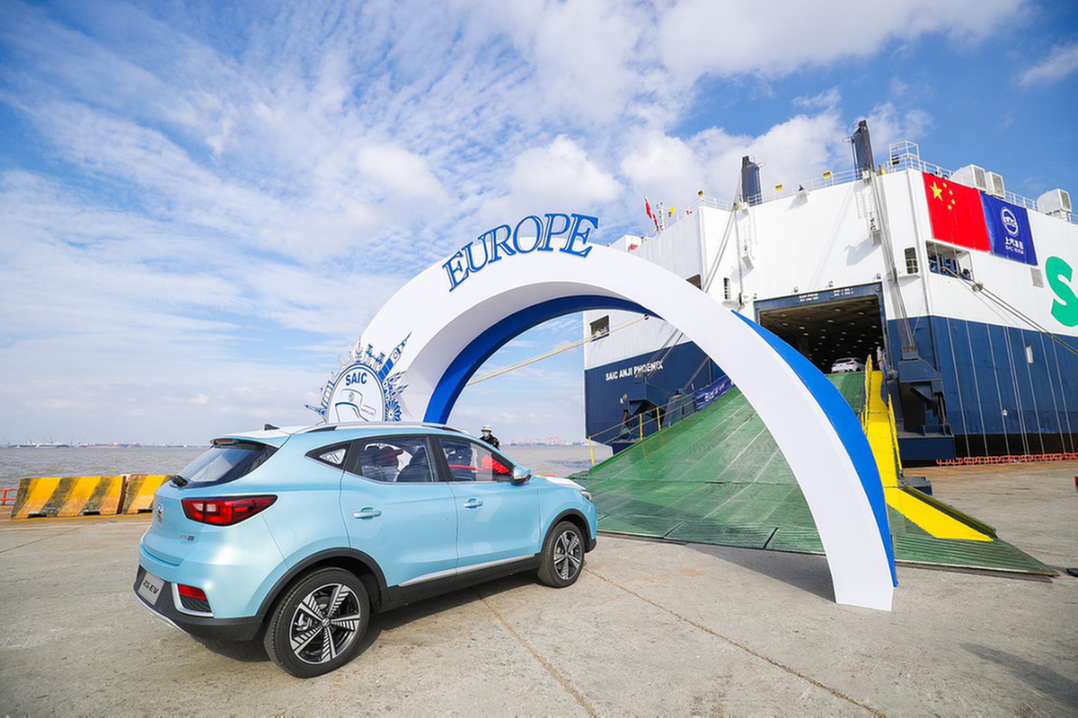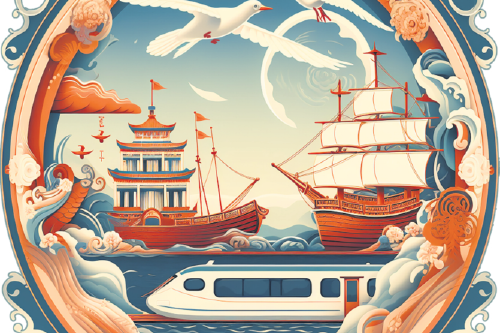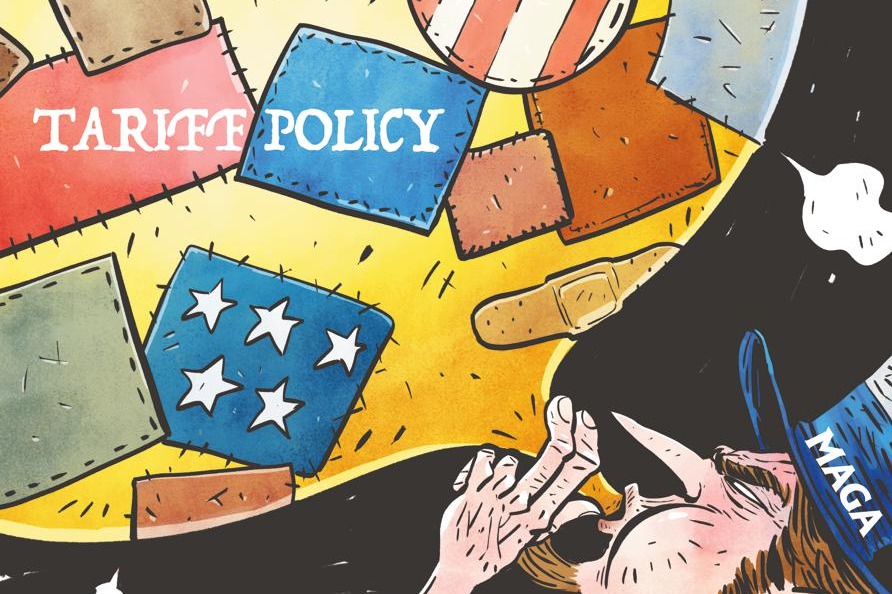Shared duty of care


Celebrating 50 years of EU-China relations offers the opportunity to reflect on the past and shape the future
This year marks the 50th anniversary of the establishment of diplomatic relations between the European Union and China — a milestone that deserves recognition and thoughtful reflection. In 1975, the world was a very different place. The European Community, as it was then known, had not yet evolved into the European Union as we know it today. China as well had not yet begun its own transformative journey, initiated by reform and opening-up. The global stage was dominated by the tensions of the Cold War, dividing nations ideologically and politically.
Over the past five decades, both the EU and China have undergone remarkable transformations. The EU has expanded and integrated, bringing together 27 member states under a shared vision of peace, democracy and prosperity. China has emerged as the world's second-largest economy, lifting hundreds of millions of people out of abject poverty and become a central player in global affairs. Between the EU and China, a robust and mutually beneficial relationship has developed. Trade has grown exponentially, and people-to-people exchanges — through tourism, education and culture — have reached unprecedented levels.
This moment offers both sides a well-earned opportunity to celebrate their achievements and the fruitful cooperation that has developed over half a century. Yet, the most meaningful way to honor this anniversary is not merely to look back, but also to look forward. Commemoration should be a time not just for recognition, but for reflection and ambition. Understanding the past helps us prepare for the future, and both the EU and China must now consider not just the heritage of their relationship, but also the legacy they wish to create in the years to come.
The current international landscape presents new challenges and opportunities. The world is no longer divided by the Cold War, but it faces its own complex set of issues — from climate change to geopolitical uncertainty, from digital transformation to economic inequality. A significant factor influencing global dynamics today is the approach of the United States under President Donald Trump, who has taken a distinctly abrasive stance on key global issues. His administration has retreated from multilateral institutions, pulled back from the Paris Agreement on climate change, and launched an aggressive trade war that has disrupted global commerce. These actions have shaken the foundations of international cooperation and cast uncertainty over the global order.
The US appears to believe that it not only has the right to unilaterally dominate global affairs, but that it can further expand this dominance. In Trump's address to Congress on March 6, he concluded with the bold assertion that the US could become "the most dominant civilization ever to exist on the face of this Earth". Such rhetoric reflects a dangerous level of hubris.
What the US government fails to recognize is that in today's deeply interconnected world, power is no longer unipolar. Global progress depends on multilateralism, mutual respect, and international cooperation. By overestimating its capabilities and exceptionalism, the US simultaneously underestimates the importance and influence of other major global players — particularly the EU and China.
In this context, the EU and China are presented with both a responsibility and an opportunity. As two of the world's largest economies and most influential global actors, they must step forward to uphold and reform multilateralism. Their partnership can help restore confidence in international institutions and norms, particularly at a time when these are under threat. One key area where their collaboration is essential is climate change. Both sides have reaffirmed their commitment to the Paris Agreement, and together they can lead the global effort to transition to a low-carbon, sustainable future.
Moreover, the EU and China must work together to strengthen and modernize the World Trade Organization. Global trade needs a fair and rules-based system to thrive, and the WTO must be revitalized to ensure it remains effective in addressing current economic realities. By supporting reforms that enhance transparency, enforceability and inclusiveness, the EU and China can help reinvigorate global trade and promote shared prosperity.
Against this backdrop, the upcoming EU-China summit scheduled for July in Beijing takes on particular significance. It will serve as both a celebration of 50 years of diplomatic relations and a platform for defining the future direction of their partnership. The summit has the potential to be historic — not just for marking a milestone, but for articulating a vision of peace, cooperation and sustainable development for the decades to come.
In fact, the US president's hubris is creating a vacuum in global leadership — one that the EU and China are well positioned to fill. True leadership is not a quest for dominance, nor is it defined by opposition or division. Rather, it is a force that draws others in, grounded in the recognition that it should be genuinely constructive, inclusive and guided by a shared sense of purpose. Leadership earns its legitimacy not through coercion, but through the respect and trust of the global community.
The world today is in need of stability, foresight and shared leadership. The EU and China, through their continued engagement and cooperation, can be a force for positive change. They can demonstrate that even in times of uncertainty, it is possible to work together across cultural and political differences to build a better future. The 50th anniversary of their diplomatic relations is not just a marker of the past — it is a call to action for the future.
While commemorating 50 years of diplomatic ties, the EU and China must draw on the lessons of history to shape a shared vision for tomorrow. Their cooperation is more important than ever, not only for their own citizens but for the world at large. Through mutual respect, constructive dialogue and a commitment to multilateralism, they can play a leading role in shaping a more peaceful, sustainable and prosperous global future.
The author is a specialist in global affairs and sinology and founder of the China-Europe-America Global Initiative. The author contributed this article to China Watch, a think tank powered by China Daily.
The views do not necessarily reflect those of China Daily.
Contact the editor at editor@chinawatch.cn.
















